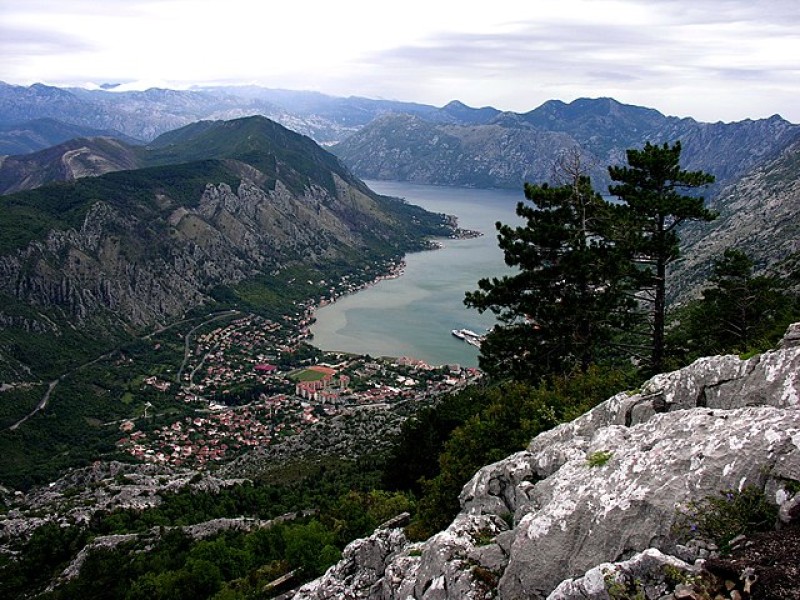The country’s Special State Prosecutor's Office said that officers from the Special Police Department “have detained D.D., a lawyer from Budva, on suspicion of committing the criminal offense of forming a criminal organization and multiple counts of money laundering.”
While the Prosecutor’s Office refrained from providing further details about the case, Montenegrin media outlets identified the man as Dimitrije Dapčević who previously represented Radoje Zvicer, the fugitive leader of the Kavač clan, one of the two major crime groups from Montenegro.
According to sources cited by Podgorica’s Vijesti, Dapčević didn’t just represent Zvicer in court but was also his personal friend and allegedly laundered his money too. The outlet further claimed that he was the legal advisor of many other high-profile figures within the Kavač clan.
The Prosecutor’s Office confirmed the assistance of the European Union law enforcement agency, Europol, in the operation targeting Dapčević. Vijesti reported that Europol provided Montenegrin authorities with compromising information obtained from the Sky ECC application – an encrypted software widely used by criminal networks until it was dismantled in March 2021.
Dapčević’s client and friend, Radoje Zvicer continues to evade authorities, with his whereabouts unknown since both Serbia and Montenegro issued international warrants against him in 2020.
The Kavač and the Škaljari clans, originating from Kotor on Montenegro’s picturesque Adriatic coast, share a turbulent history. Initially, they were part of the same criminal enterprise, smuggling drugs from South America into Europe. However, a sour cocaine deal in Spain in 2014 shattered their alliance, leading to a violent rift that has only intensified over time.
The resulting conflict has splintered the criminal underworld in Serbia and Montenegro, leading to a polarization where other criminal organizations, as well as certain factions within law enforcement and politics, have taken sides.
This violent feud has exacted a heavy toll, claiming the lives of dozens across the countries of the former Yugoslavia and beyond. At its heart lies a battle for dominance over the routes utilized to smuggle cocaine from South America, catering to Europe’s insatiable demand for narcotics, a trade valued in the billions of euro.


